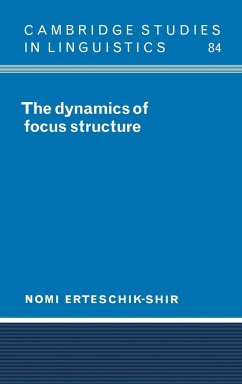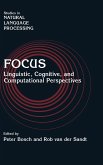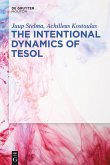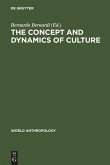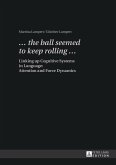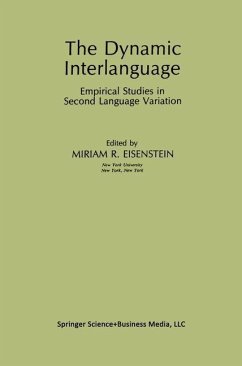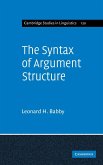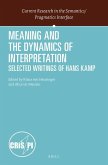In this book, Nomi Erteschik-Shir develops a new theory of focus structure, integrating insights from syntax, semantics, phonology and pragmatics. She explores the role of focus structure in grammar, examining the interface between focus structure and syntax, the semantics of focus structure and the intonation associated with it. Dr Shir defines a grammatical level of f-structure (focus structure) which is an annotated s-structure in which topic and focus constituents are marked. F-structure feeds both PF (Phonological Form) and semantics and is sensitive to lexical information. Dr Shir argues that f-structure and not LF (Logical Form) is the input to a semantic rule of predication. One of the major results of Dr Shir's analysis is that wh-movement turns out to be subject to the same constraint which accounts for anaphora and other subject-object asymmetries.
Table of contents:
Introduction; 1. The interpretation of f-structure; 2. Reference and coreference; 3. Negation, questions and contrast; 4. The phonological interpretation of f-structure; 5. Scope and R-dependencies; 6. I-dependencies in focus-structure; Conclusion; References; Indexes.
This book develops a new theory of focus structure. It explores the role of focusing in natural language sentences and the role of this basic cognitive mechanism in explaining sentence stress, meaning and structure. The result is an innovative view of our linguistic competence.
Develops a new theory of focus structure, exploring the role of focusing in natural language sentence.
Table of contents:
Introduction; 1. The interpretation of f-structure; 2. Reference and coreference; 3. Negation, questions and contrast; 4. The phonological interpretation of f-structure; 5. Scope and R-dependencies; 6. I-dependencies in focus-structure; Conclusion; References; Indexes.
This book develops a new theory of focus structure. It explores the role of focusing in natural language sentences and the role of this basic cognitive mechanism in explaining sentence stress, meaning and structure. The result is an innovative view of our linguistic competence.
Develops a new theory of focus structure, exploring the role of focusing in natural language sentence.

